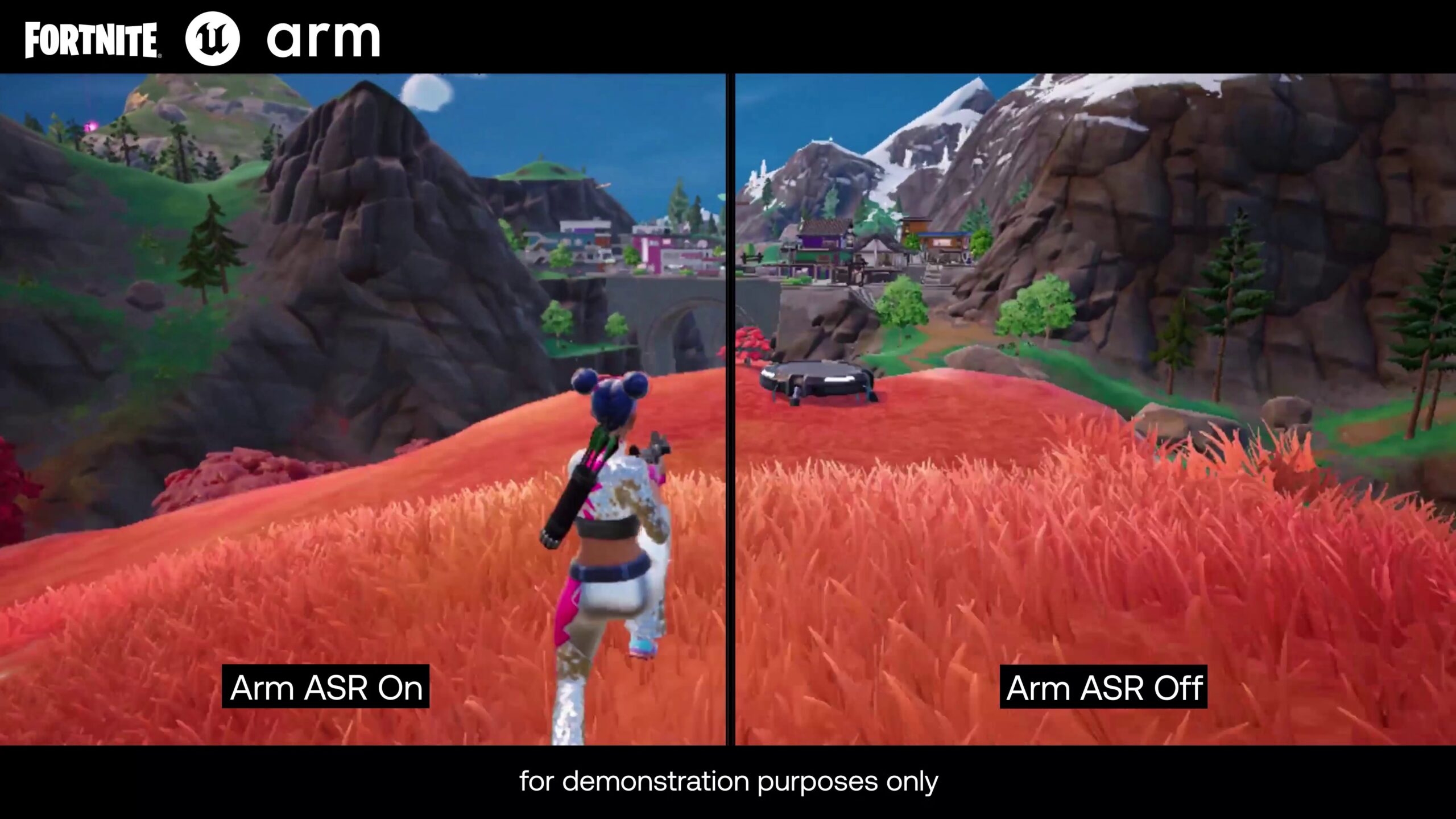Jimmy Westenberg / Android Authority
TL;DR
- Arm Accuracy Super Resolution (ASR) is supposed to enhance mobile GPU performance in a way similar to NVDIA DLSS or AMD FSR.
- Epic Games is adding Arm ASR support to Fortnite through an Unreal Engine 5 plug-in.
- ASR support will be landing for Fortnite on both Android and iOS “soon.”
Everybody’s thinking about gaming this week, with Nintendo’s Switch 2 set to finally drop on June 5. And while we’re very excited to give it a spin, not everyone’s got the cash lying around to drop $450 on a new console. Thankfully, many of us are already carrying around a very capable piece of mobile gaming hardware: our Android smartphone. And today we’ve got some very promising-sounding news for smartphone gamers.
If you’ve at all messed around with PC gaming over the past five years or so, you’re probably familiar with GPU-based image enhancement systems like NVIDIA’s Deep Learning Super Sampling (DLSS) or AMD’s FidelityFX Super Resolution (FSR). Rather than doing all the hard work of rendering games at increasing levels of detail, higher resolutions, and faster framerates, tools like these allow the GPUs to effectively predict or extrapolate some of that data, offering performance that feels on par with a higher-end GPU.
Last summer, we were introduced to Arm’s Accuracy Super Resolution (ASR), which is designed to pull off that very same sort of trick with your phone’s mobile GPU. Especially with power and heat concerns such a priority on phones, a system like this felt like exactly what mobile gamers needed. Now Epic Games shares that it’s adding Arm ASR support to Fortnite.

In theory, we can expect to see many of the same sort of benefits we would with DLSS or FSR on PCs. Epic says to expect improvements like higher-detail distant objects, reduced memory utilization, better texture performance, and smoother high-motion scenes.
We checked out a demo video of ASR on Fortnite in action, and right now, we have to concede that its effects look a bit subtle. At least, by far the most prominent change seems to be some anti-aliasing-like smoothing, but there’s clearly a lot more than that just going on here. That said, this is still technically a work in progress, and we may see Epic squeeze some extra performance out of ASR before the feature’s ready to go live. The company intends to demo its work this week at Unreal Fest 2025, ahead of a release for both Android and iOS at some point in the near future.


